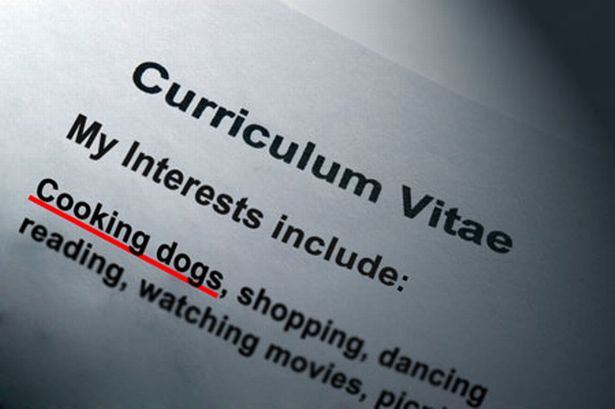
Is your CV as Compelling as your Proposals?
A winning CV is a lot like a winning proposal. It needs to grab the attention of the reader and effectively sell the benefits of rewarding you with employment (and in both cases, a contract). As with any bid, in order to get to the presentation (or interview) stage, you need to have a solidly written document and this is exactly the same case with a Bid Writer CV.
Hiring managers typically spend 5 seconds looking at your CV before making a snap judgement. While Procurement Managers will (hopefully) spend more time than this reviewing your proposal, there is still a need to make an impact in a short time frame. We’ve seen some candidates that have had exceptional careers that fall at this hurdle as their CV is not compelling and lacks substance.
So what makes a good CV and how do you differentiate yourself from your competitors?
Basics
When writing a proposal, you should ‘Keep It Short and Simple’ (KISS). Rather than rambling on for an eternity in response to each question, you must always ensure that it is concise and contains the information that the customer wants to know. You should follow similar guidelines when writing your CV, ideally keeping it to 2 pages long and definitely not longer than 3. I always shudder when I open a CV and there’s a contents page. Like a good proposal, your CV needs to be customer-focused – tailor it to the specific job that you are applying for and make it clear what you can bring to the prospective organisation. Consider the ‘left-hand margin rule’ when writing your CV. Within proposals, the left-hand margin should be all about the customer and should not be a sea of ‘we’, ‘our’, or your own company name. Try and do the same thing with your CV. It is very rare that we see a CV that has been totally customised that mentions the company by name. It is a small detail but goes a long way in the application process.Bid Writer CV or Bid Manager CV?
It is useful to have a couple of versions of your CV so that you can send the one that is most appropriate. Have you had a role that is a cross between a bid writer and a bid manager? If so, and you are applying for a position that is more one than the other, it makes sense to emphasise the skills that you would be using in the new role. Don’t be creative with the truth on your CV and be sure to provide an explanation for any notable gaps. You will be asked about these, so it’s better to be upfront from the start. This is particularly important if you are applying for a role that requires a security clearance. It goes without saying that you shouldn’t be preaching ‘fake news’ in your proposal as well. Little mistakes can cause big problems in both proposals and CVs. Mitigate this risk by ensuring you proofread your CV as well as getting a colleague / friend to review the document – they may pick up on errors or inconsistencies that you have missed. I have seen so many mistakes during my time, some infuriating, and some hilarious (including the person who said they have been in their current job for a thousand years). Every good bid process relies on numerous review sessions. You need to make sure that the document is water-tight before it goes out to the customer. This is the same with your CV, particularly if you are a Bid Writer – this is your profession! Reverse chronological is standard practice for your Employment History. Include the most detail at the front and less detail the further back you go. Much like with a proposal, the reader is interested to know that you have a strong track record without needing specific detail of what you did in 1989. Executive Summary / Opening Profile When writing an executive summary, it is important to avoid clichés like ‘we are delighted to be given the opportunity to respond to this RFP…’ This is dull and generic. Similarly with a CV, do not write that you are ‘honest, trustworthy and reliable’ – these character traits should be a given and it just reads like filler for the document. Your opening profile should provide a snapshot of why you are the right candidate for the role and invite the decision maker to read the rest of the document. After a short paragraph, we would also recommend including a collection of bullet points that illustrate your key skills or achievements. For example:- 6 years’ bid writing experience within social care
- Bid management of Circa 20 bids completed in the last 12 months while maintaining a 60% win rate
- £100m+ of new business facilitated through public and private sector bidding